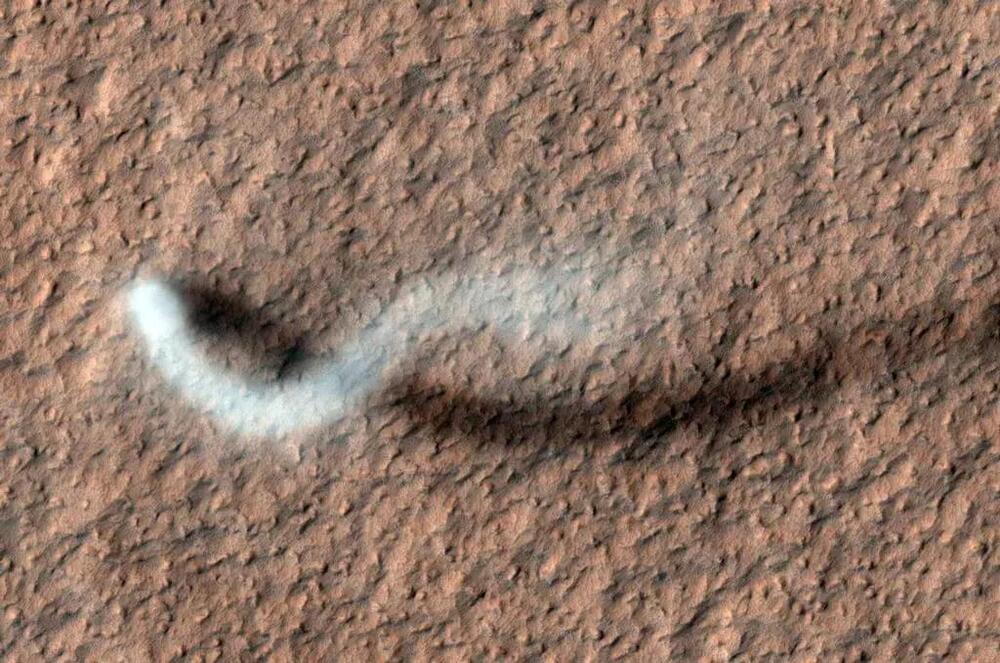“By measuring sound travel time differences both forward and backward, we can accurately measure wind in three dimensions,” said Dr. Robert White.
The planet Mars has several similarities with Earth, including extinct volcanoes, dry lake beds, and active dust storms, the last of which is governed by the Red Planet’s prevailing winds. However, given the average surface pressure of Mars is 0.6 percent of Earth’s due to Mars’ paper-thin atmosphere, which means the wind speeds are far smaller than on Earth. But can we accurately measure this wind speed and how will it contribute to future missions to the Red Planet?
This is what a recent study published in the Journal of the Acoustical Society of America hopes to address as a team of researchers investigated using sound to measure wind speeds on Mars, which holds the potential to help scientists better understand the various processes that comprise the Red Planet and how these processes could influence future missions, as well.
For the study, the researchers used a novel sound device called a sonic anemometric system to measure wind speeds on Mars, which they note exhibits sound behavior equivalent to the Earth’s stratosphere at 30–42 kilometers (18.6−26 miles) in altitude. With their four transducers that comprise the system, the researchers attempted to measure how fast sound pulses travel through the thin Martian air while accounting for how the sound waves travel around obstacles (known as diffraction) and wind direction.










Leave a reply